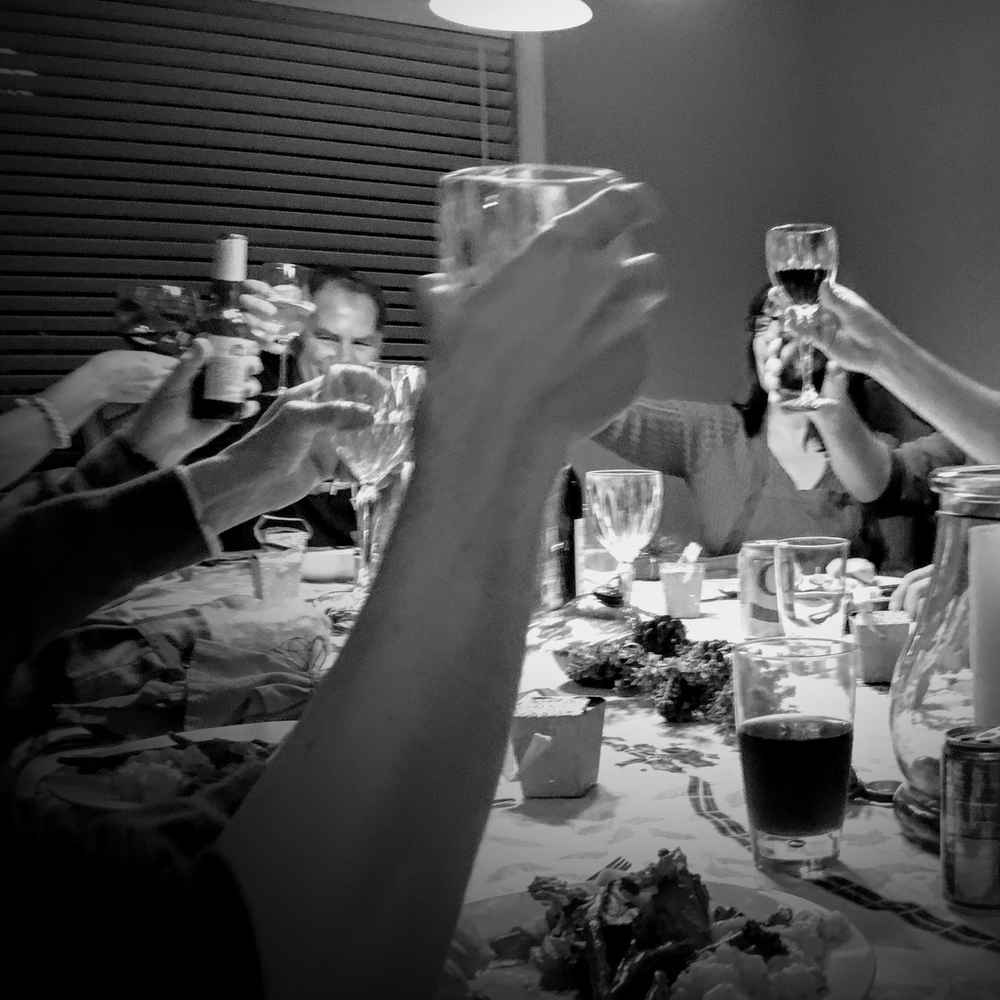
There is a nuance of language I hear often.
Many do this.
It can be rooted in a misinterpreted version of reality.
Or, simply, a learned habit.
A version that may not be self-serving.
A version which may cause other side effects.
This nuance of language is when you hear someone speak.
The often innocent phrase is this:
"You said that..."
For example, Mary says she's tired and have had a long day at the office.
And it might be said at some point in the conversation from Gilbert,
"You said that you were tired and had a long day in the office."
I want to bring your awareness to what is happening here.
Mary speaks words that she is tired and had a long day in the office.
Gilbert says, "You said that you were tired and had a long day in the office."
Depending on the context, the word "you" could trigger someone or cause someone to be defensive.
What Gilbert is doing is telling Mary what she said.
While this can be powerful in reminding someone what they said, sometimes, it can teach us about someone's identity or relationship with self.
Here's an example.
Consider the two variations in which Gilbert can respond:
Variation A: "You said that you were tired and had a long day in the office."
Variation B: "I heard you say that you were tired and had a long day in the office."
In which variation do you see a sense of self?
In which variation do you see the speaker honoring themselves and someone else?
In which variation do you see the speaker speak in a way that is "more truthful"?
When we speak, we use our language, and our meanings, and our energy associated with our language, to connect with others.
The meaning and energy associated with words is only true for the speaker.
The receiver may have different energy and meaning associated with words.
The speaker may have one intention and not know how to communicate it to someone else despite them doing the best they know how with their language.
When we are aware of this, we can better understand those around us.
And, with our language, we can honor them and ourselves.
